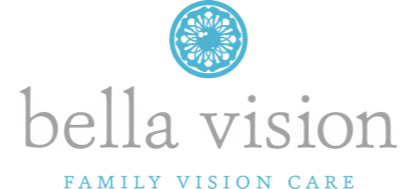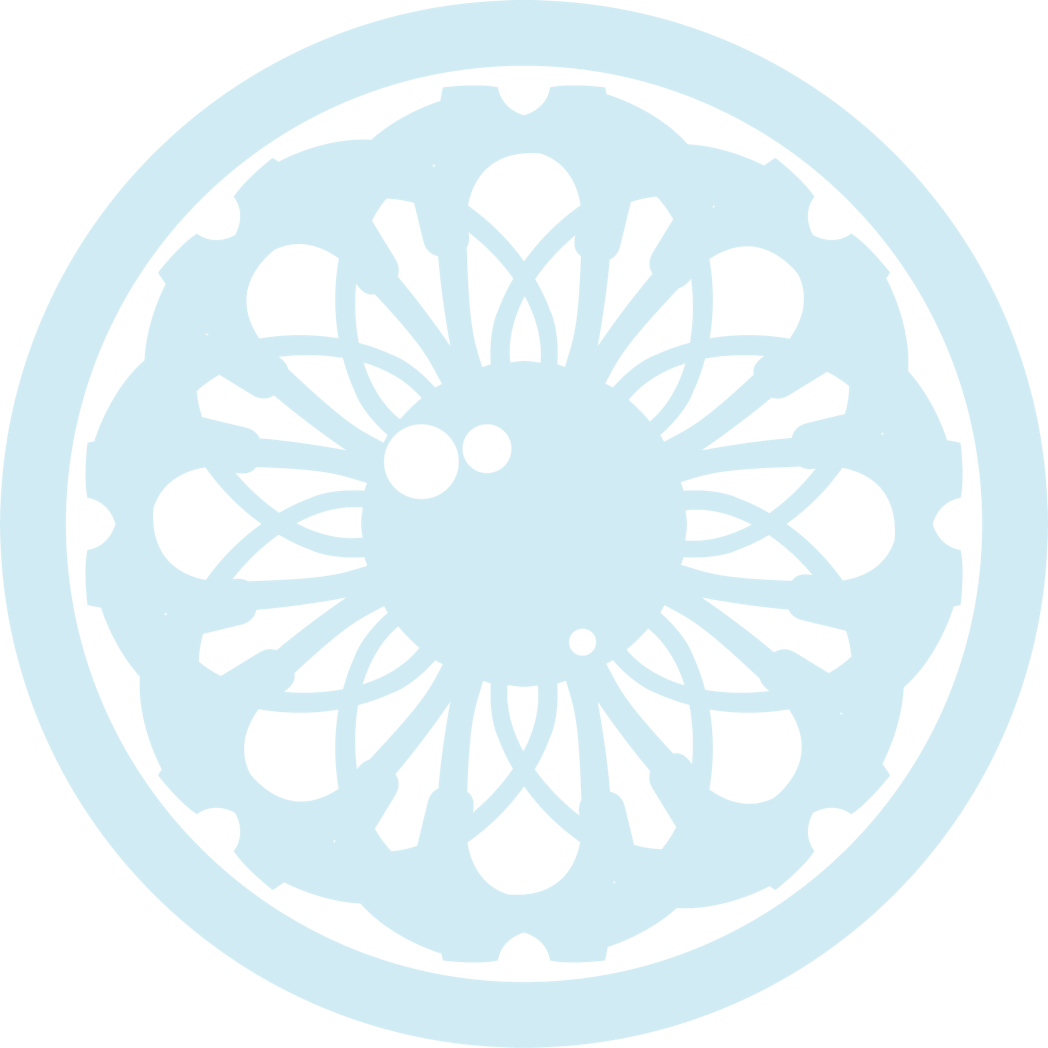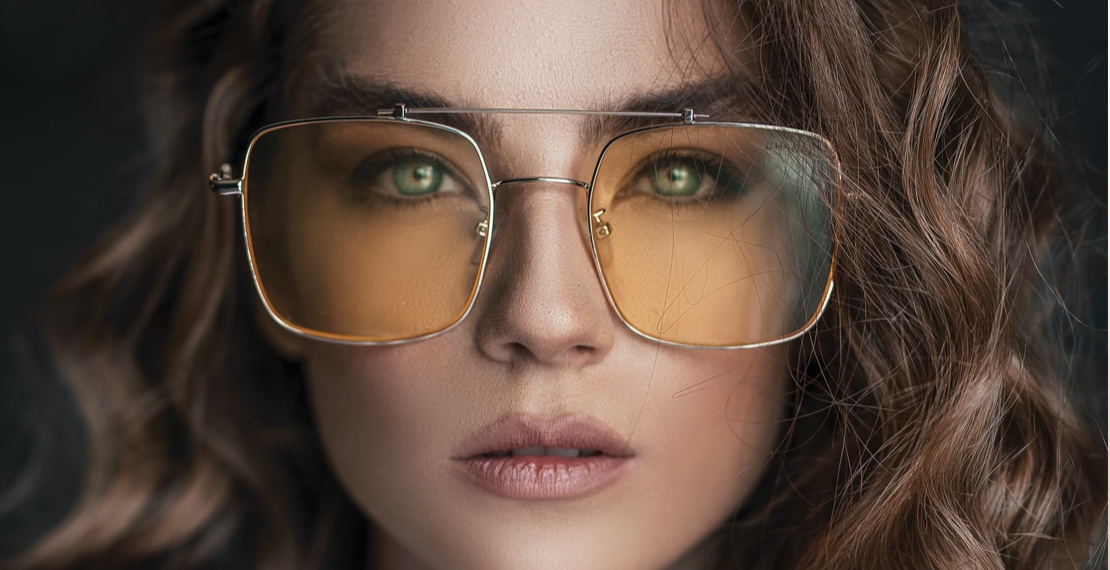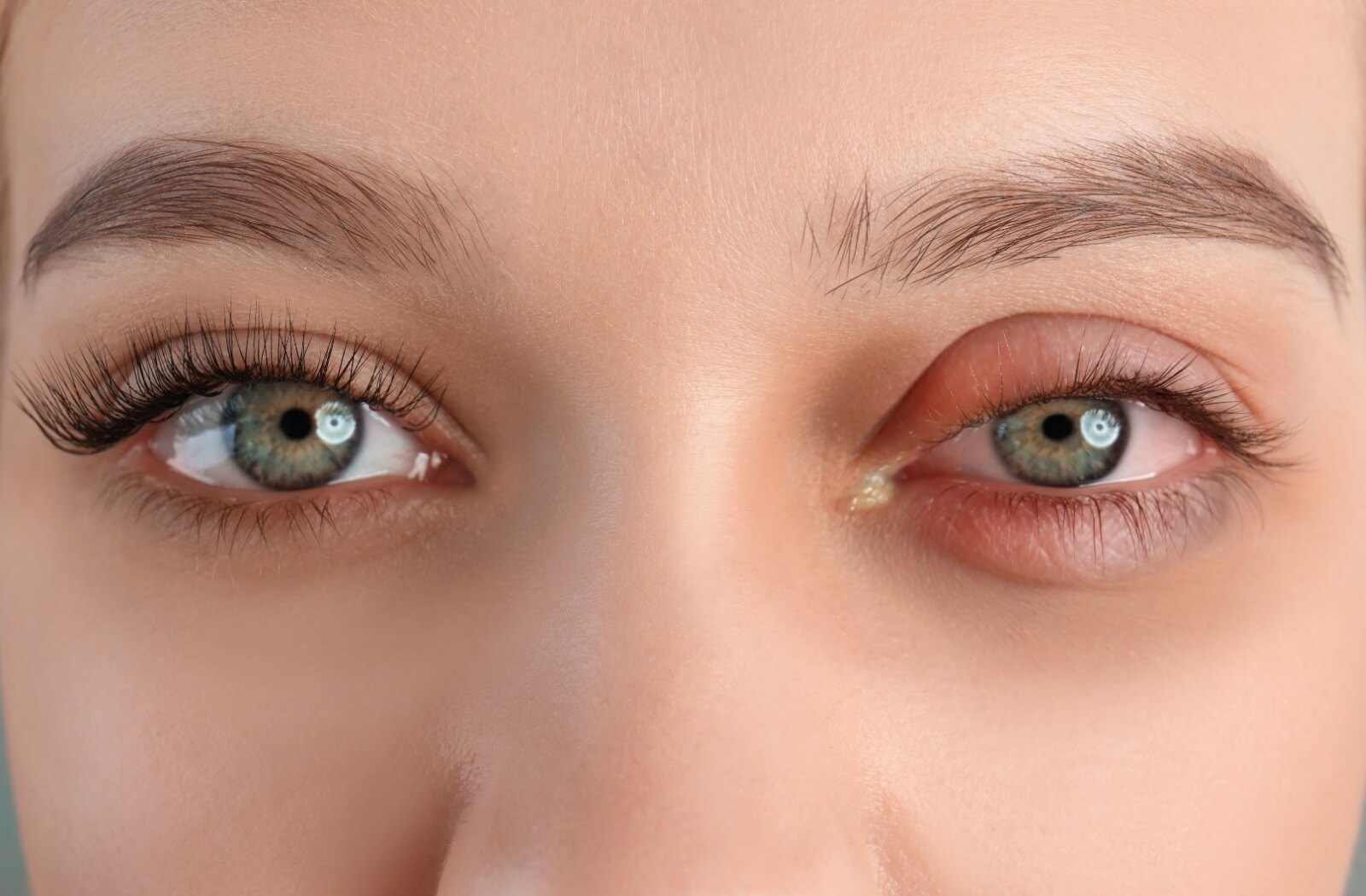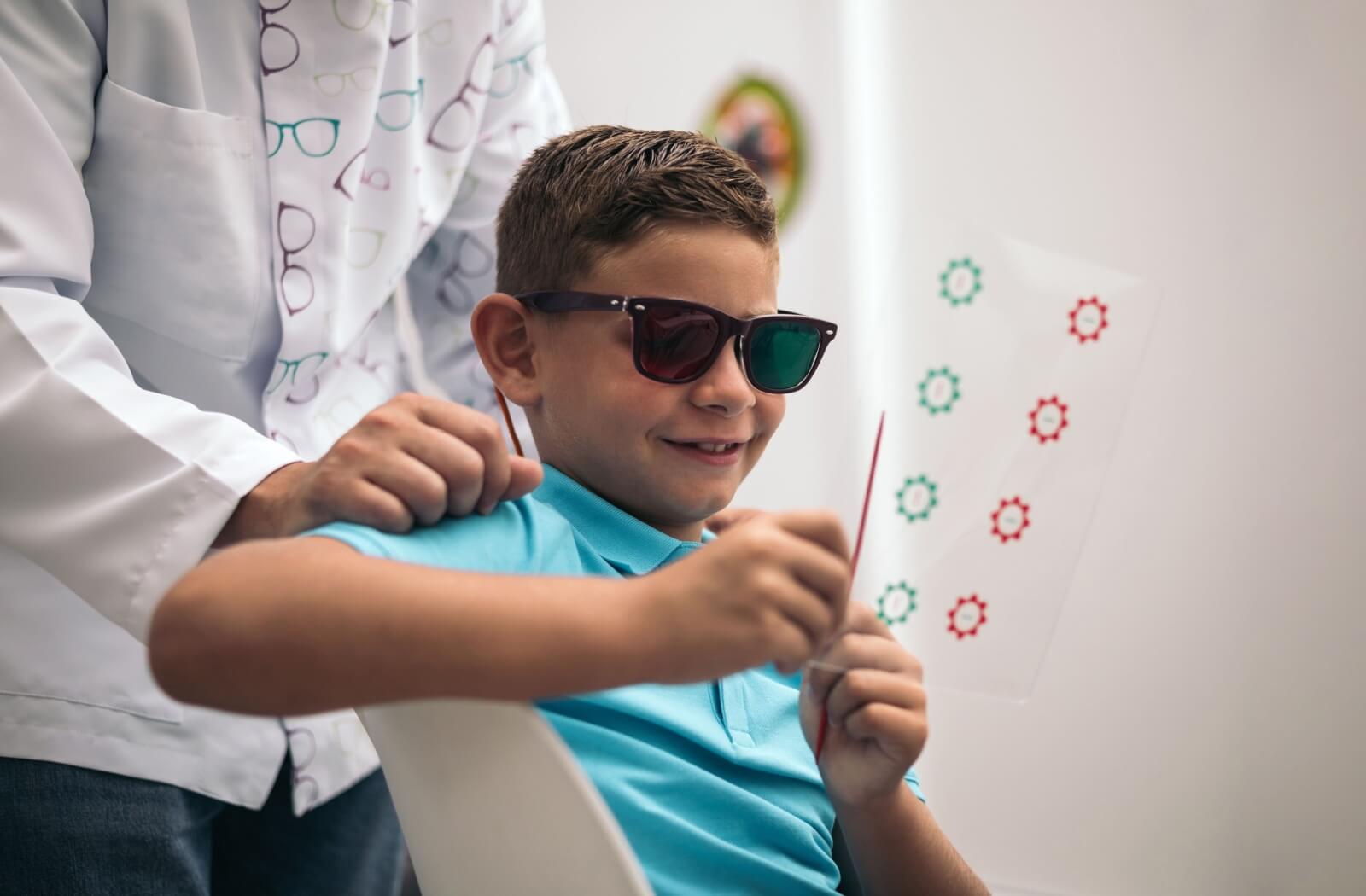A concussion is a type of traumatic brain injury that can also damage your visual system. This can lead to symptoms like blurred vision, headaches, and sensitivity to light. For some people, these symptoms go away on their own, but for others, they can affect daily life.
The time it takes for your vision to recover can vary from person to person. When a concussion impacts your visual system, the effects may last for a few weeks. However, they’re usually temporary.
Understanding how your eyes and brain work together is a key part of the healing process, and treatments like vision therapy are designed to strengthen that connection.
What a Concussion Means for Your Brain & Body
A concussion happens when a jolt or blow causes the brain to move back and forth inside the skull, damaging brain cells and affecting how the brain functions. A concussion can even happen without a direct impact to the head, such as in a whiplash injury, and can sometimes result in symptoms requiring urgent care.
Sometimes, symptoms can take a few days to appear. This delay might affect your ability to work, drive, or perform other daily activities, so it’s important to understand how long vision problems can last after a concussion. It’s helpful to be aware of the common signs.
Common Signs of a Concussion
- Headaches
- Double or blurred vision
- Dizziness, balance problems, or vertigo
- Nausea
- Slowed or unusual thought patterns
- Rapid mood changes
- Sensitivity to light & sound
- Difficulty with concentration & memory
The Link Between a Concussion & Your Vision
Your visual system is incredibly complex and connected to every part of your brain. This system involves your eyes, your brain, and the pathways that connect them. The intricacies of this network is why vision therapy focuses on retraining visual skills by taking advantage of your natural neuroplasticity.
Vision Symptoms After a Head Injury
- Double vision or shadowy images
- Blurred vision
- Difficulty to focus or change focus
- Headaches
- Light sensitivity
- Dizziness, balance problems, or vertigo
- Trouble to focus or maintain eye contact
- Inability to judge distances
- Problems with eye track
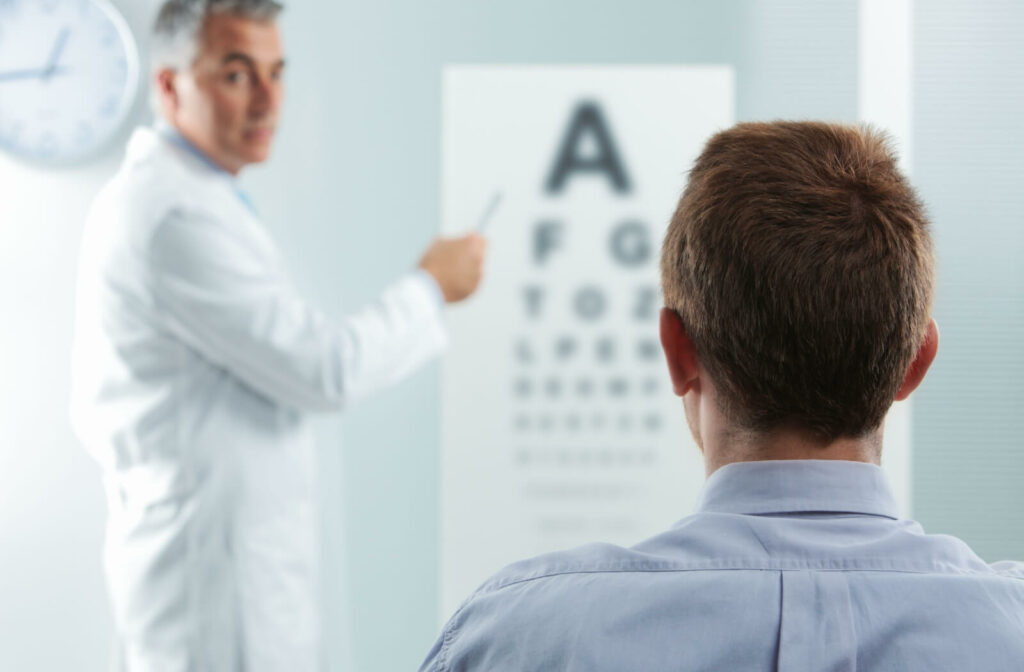
Your Recovery Timeline for Post-Concussion Vision
Many people notice their symptoms getting better within a few weeks or a few months. During this time, you might have trouble with focus, light sensitivity, or blurry vision.
Your overall physical and emotional health can also play a role in your recovery. For some people, vision problems associated with concussions may last longer.. Previous head injuries or multiple concussions can also increase healing time.
An Introduction to Vision Therapy
Vision therapy uses a series of carefully designed activities to enhance the connection between your eyes and your brain.
The Goal of Vision Therapy
The primary goal of vision therapy is to improve how you process visual information by building skills like eye tracking, eye focus, and eye teaming. This helps retrain your visual system and addresses the root causes of many vision problems.
When these skills improve, you can gain more accurate eye movements and better depth perception. During therapy, we use tools like lenses, prisms, and filters along with a range of different guided activities. These tools help guide your visual system toward more efficient function.
What to Expect from Your Vision Therapy Program
During your treatment, you’ll work with your optometrist and vision therapist. They’ll guide you through activities designed to build your visual skills and processing abilities.
Areas of Focus During Treatment
- Eye movement control for accuracy & speed
- Your spatial awareness & peripheral vision
- Visual processing speed
- Eye-hand coordination & depth perception
- Visual memory
- Binocular vision so your eyes work together
When to Seek Help for Your Vision
If you have vision problems after a concussion, visit your optometrist. Our team can perform a thorough assessment to see if vision therapy could be a good option for you. Remember that recovery takes time, and you don’t have to navigate it alone.
At Bella Vision, we focus on ocular disease, vision rehabilitation, and managing dry eye disease, as well as providing comprehensive eye exams for the whole family. Book your appointment today and let us help you see more clearly.
